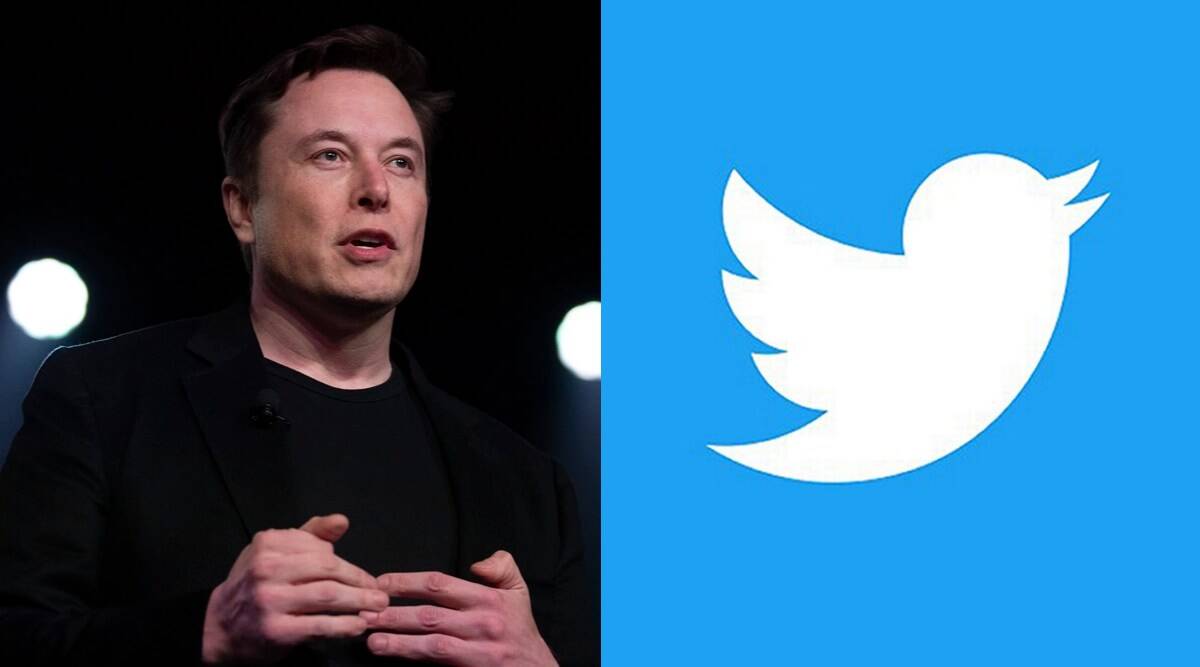
In 2015, Intel brought its Maker Lab hardware startup accelerator to India, working with 14 startups. Last year, the company partnered with the Department of Science and Technology (DST) and IIT-Bombay’s startup incubator, Society for Innovation and Entrepreneurship (SINE) to create a program called Plugin, a collaborative incubation program for hardware startups. With four of the startups in the program already having reached market-ready products and several more having completed product development, Gadgets 360 attended a demo day at the Maker Lab in Bengaluru, where we got to see some of the new ideas in action.
That said, most people agree that there isn’t a strong ecosystem for hardware products out of India yet. “The ecosystem in India is growing fast, but there’s a strong software focus. The hardware ecosystem is also growing, but it is not as vibrant yet,” says Jitendra Chaddah, Director, Operations and Strategic Relationships and Intel India. “You need equipment, reference designs, test equipment. You need the know how for design and validation, from experienced people, and that’s where we can make a difference.”
ALSO SEEIBM and Intel Open Up on India’s Startup Ecosystem and Its Challenges
Another part of the challenge is that such companies have a longer road to the market. “The big difference between a hardware company like us, and a software startup, is that you can’t ship a minimum viable product,” said Tarun Metha, CEO and co-founder Bengaluru-based Ather Energyduring an earlier conversation.
“There are multiple parts that are needed – you need infrastructure and experience, along with business mentorship, which SINE is able to provide, and of course, access to funding, where DST plays a big part,” Intel’s Chaddah adds.

“We have been investing for more than three decades now,” says Dr Anita Gupta, Director and Associate Head, Innovation and Entrepreneurship at DST. “DST has created over 10 lakh square feet of incubation facilities around India, and now with a fresh focus on startups the speed and scale of what we do has gone up as well. We’re also working on adding more links to the value chain, between the seed stage and the VC level.”
“We started in early 2000, and at that time, angels were a thing in the sky. VC funding was nowhere, we didn’t have a risk community,” says SINE’s CEO, Poyni Bhatt. “DST was one of the only agencies funding since that time, and we had to look to the MNCs for a lot of support. Intel was an early partner for us for a long time.”
As of now, four of the startups from the accelerator are market ready. Fresh Technology Solutions has created a direct to wall printing device to make wall murals quickly and easily. This could be deployed by businesses or even rented to consumers, the company suggests. Bharati Robotics Systems (BRS) meanwhile has created the August 1.0, an autonomous floor cleaning robot that sends reports to your smartphone.
[“Source-Gsmarena”]



